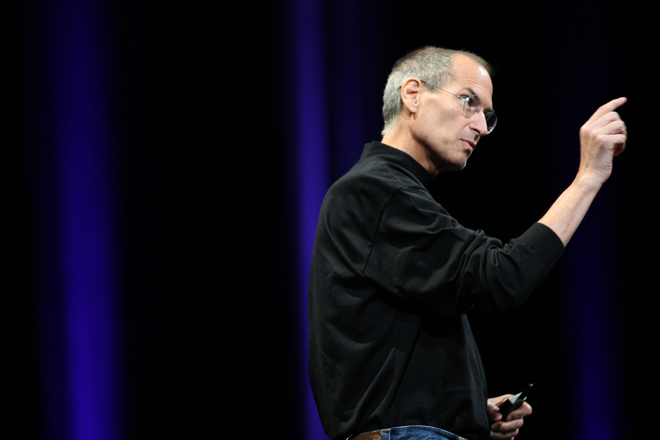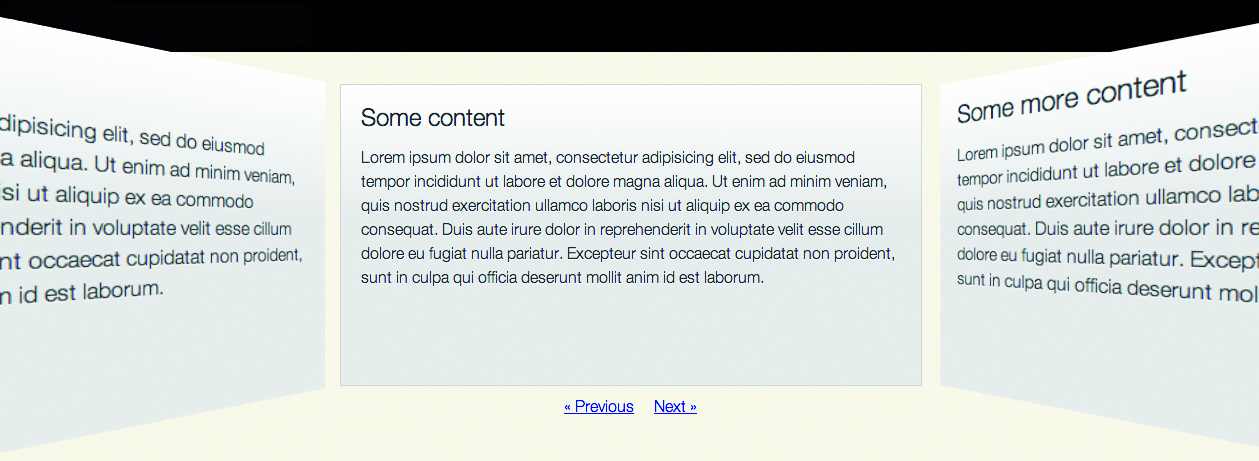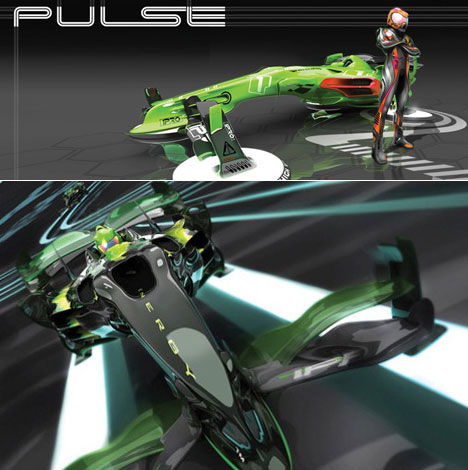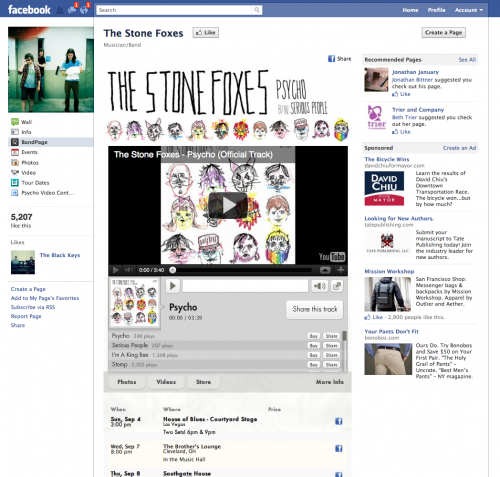
Maybe Steve Jobs was on to something when he refused to hide away his disappointment or displeasure. That, at least, is the takeaway of a new paper by Matthijs Baas, Carsten De Dreu, and Bernard Nijstad in The Journal of Experimental Social Psychology. Their first experiment was straightforward, demonstrating that anger was better at promoting “unstructured thinking” on a creativity task, at least when compared to sadness or a neutral mood. The second experiment elicited anger directly in the subjects, before asking them to brainstorm on ways to improve the condition of the natural environment. Once again, people who felt angry generated more ideas. These ideas were also deemed more original, as they were thought of by less than 1 percent of the subjects.
via The Creativity of Anger | Wired Science | Wired.com.









